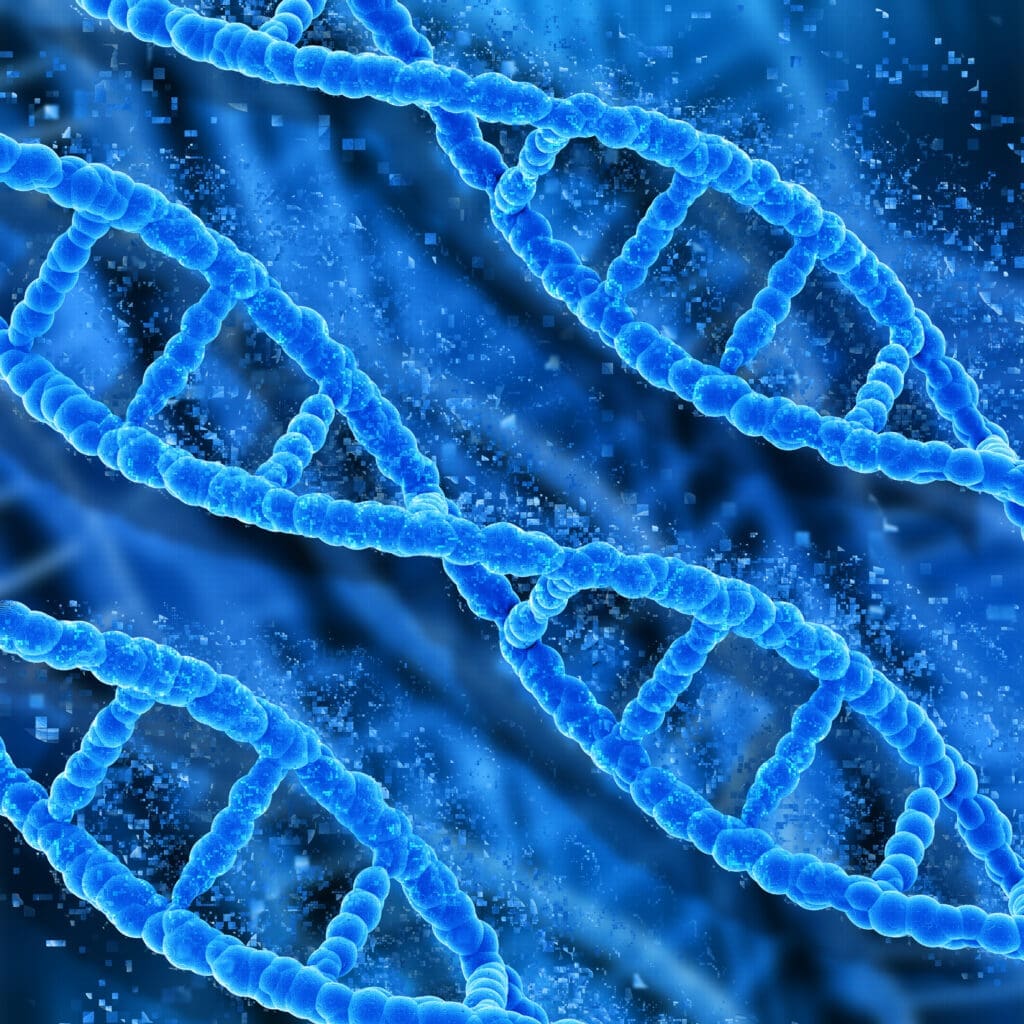Marine bacterium shows promising anti-cancer effect
A research team from the Japan Advanced Institute of Science and Technology has discovered that the marine bacterium Photobacterium angustum has a strong antitumor effect against colorectal cancer. The study, published on November 19, 2025 in the Journal for ImmunoTherapy of Cancer, shows that the natural, non-genetically modified bacterium selectively attacks tumors and activates the immune system.
The team studied several marine bacteria in mouse models of colorectal cancer. Only P. angustum significantly extended survival, with no toxicity. It accumulated selectively in tumor tissues, while it was hardly detectable in healthy organs such as the heart, lungs, kidneys and spleen. The bacteria were eliminated from most organs, except the liver, within 24 hours without causing weight loss or hematologic abnormalities.

The antitumor effect is based on two mechanisms: exotoxins of the bacterium directly destroy cancer cells, and it promotes the infiltration of immune cells such as T cells, B cells and neutrophils, as well as the production of cytokines such as TNF-öÝ and IFN-ö°. This led to complete remission in some cases. Tumor-free mice had a strong immunological memory 120 days after treatment and completely rejected secondary tumors.
The therapy also showed efficacy in drug-resistant triple-negative breast cancer, suggesting broad applicability. Compared to conventional bacterial therapies, which often use genetically modified strains, P. angustum offers a better safety profile and easier production.
Future research will investigate the effect in other cancers, combinations with immune checkpoint inhibitors and the mechanisms of tumor selectivity. The study, supported by several Japanese funding programs, marks a step forward for biocompatible, non-GMO cancer therapies with potential for clinical applications.
Original Paper:
Editor: X-Press Journalistenbû¥ro GbR
Gender Notice. The personal designations used in this text always refer equally to female, male and diverse persons. Double/triple naming and gendered designations are used for better readability. ected.




